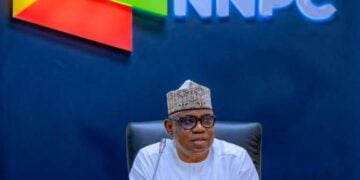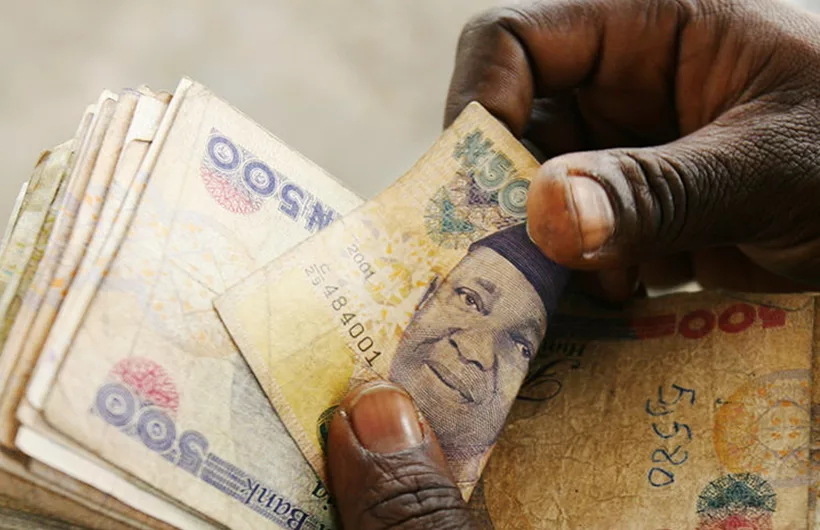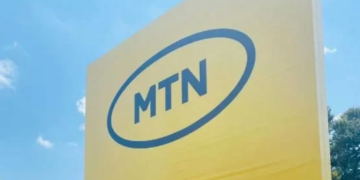The Manufacturers Association of Nigeria (MAN) has described the decision to increase the Monetary Policy Rate (MPR) from 13 per cent to 14 as not manufacturing friendly, considering the myriad of binding constraints already limiting the performance of the sector.
The director-general of MAN, Mr Segun Ajayi-Kadir, at the weekend in Lagos, said the development is a journey further away from the preferred single-digit interest rate regime.
The Monetary Policy Committee (MPC) of the Central Bank of Nigeria (CBN) reviewed the MPR upwards by one per cent in response to Nigeria’s economic realities.
He said the increase in MPR has widened the journey farther away from the preferred single digit interest rate regime, saying this is not manufacturing friendly considering the myriad of binding constraints already limiting the performance of the sector.
He noted that, “MAN is concerned about the ripple effects of this decision and its implications for the manufacturing sector that is visibly struggling to survive the numerous strangulating fiscal and monetary policy measures and reforms.
“Consequently, manufacturers are hopeful that the stringent conditionalities for accessing available development funding windows with the CBN will be relaxed to improve the flow of long-term loans to the manufacturing sector at single digit interest rate.
“The expectation is that MPC will ensure that future adjustments of MPR takes into consideration the trend of core inflation rather than basing decision on headline and food inflation. This will no doubt shield the sector from the backlashes from the 14 per cent MPR, ramp up production and guarantee sustained growth in the overall best interest of the economy.”
Addressing the June inflation figure of 18.6 per cent, Ajayi-Kadir said, the rate which had assumed an upward swing, signalled worsening economic times ahead.
He believes that high inflation is a major indication of macroeconomic inadequacies and failure to take steps to address the contributory factors will further limit economic growth and increase the rate of unemployment in the country.
He explained that, “by reducing purchasing power, high inflation reduces aggregate demand and limits production which eventually result in a fall in employment. On the flip side of the coin, it will escalate the value of public debt servicing expenditure due to the exchange rate pass-through effect in the face of increase in fuel subsidy cost and rising global oil prices.”
To avert negative trickle-down effects of high inflation on the economy and the manufacturing sector, he urged government to deploy a bouquet of supply-driven policies back with more structural measures to combat the peculiar inflationary pressures from insecurity, energy and transport cost; to further reduce the reliance of the country on imported products and raw materials by encouraging local sourcing through a comprehensive and integrated incentivised system since Nigeria is largely bearing the brunt of imported inflation; to sustain effort at improving infrastructural developments; acceleration the process of ensuring sustainable local refining of petroleum products; introduce favourable investment oriented and security measures that will encourage private investment inflow into the oil and gas industry; other others.











